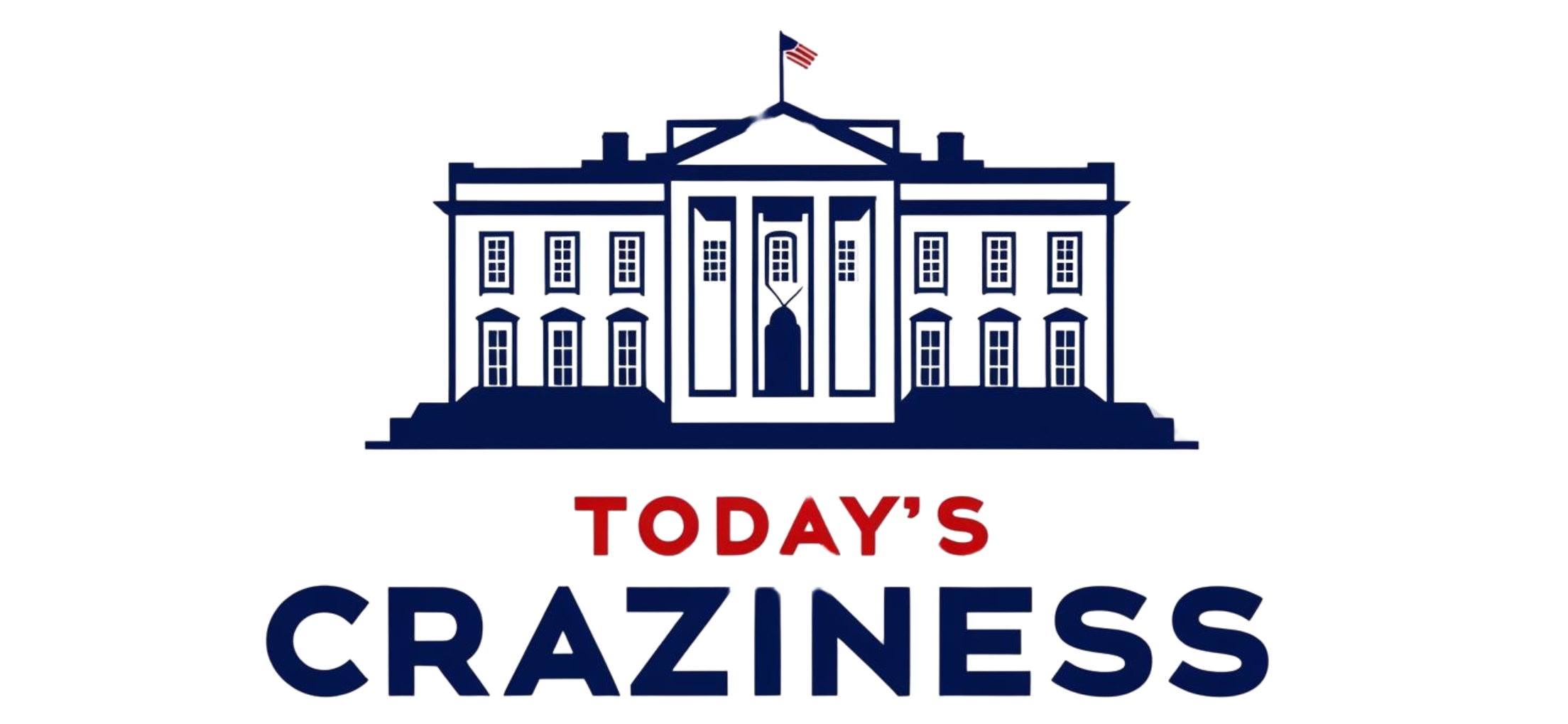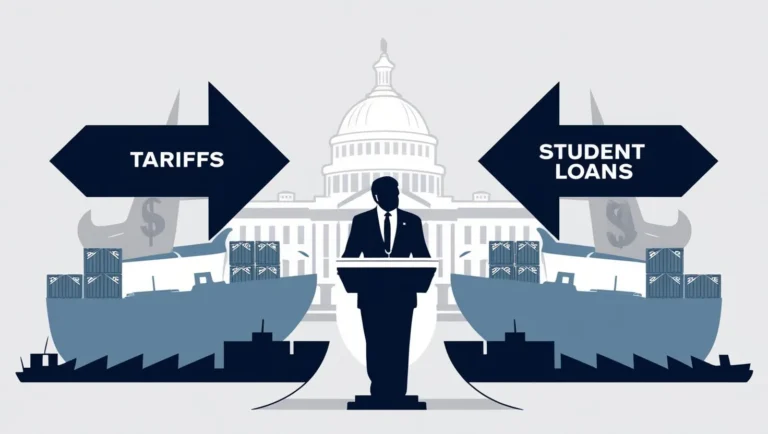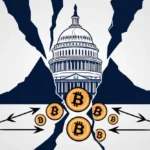President Trump accelerates economic disruption with sweeping reciprocal tariffs, ignites global trade tensions, and stuns lawmakers by proposing a radical overhaul of student loan management. Amid rising Middle East instability and diplomatic clashes with Putin, Trump doubles down on America-first policies, issuing new executive orders and hinting at ambitions that challenge constitutional limits.
On March 31, 2025, President Donald Trump undertook several significant actions across various domains. Below is a structured overview of these activities, categorized for clarity:
1️⃣ Executive Orders & Policy Actions
- Establishment of the United States Investment Accelerator🔑 Key Takeaways:
- What happened? President Trump signed an executive order creating the United States Investment Accelerator within the Department of Commerce.Reuters+2The White House+2The Washington Post+2
- Why does it matter? The initiative aims to streamline large-scale investments exceeding $1 billion, enhancing economic growth.The White House+1Reuters+1
- Who is impacted? Domestic and international businesses seeking to invest in the U.S., and the broader American economy.The White House
- Potential consequences: Increased foreign and domestic investments, job creation, and strengthened economic competitiveness.
- Implications: Potential shifts in regulatory landscapes to accommodate accelerated investment processes.
- Source: The White HouseThe White House+1Politico+1
- URL: https://www.whitehouse.gov/fact-sheets/2025/03/fact-sheet-president-donald-j-trump-establishes-the-united-states-investment-accelerator/The White House
- Verification: This source was verified as published on March 31, 2025, Eastern Time (ET).
- Proposal to Transfer Student Loan Management to the Small Business Administration (SBA)🔑 Key Takeaways:
- What happened? President Trump proposed moving the $1.6 trillion student loan portfolio from the Department of Education to the SBA.Politico
- Why does it matter? The proposal aims to restructure student loan management, potentially affecting millions of borrowers.Politico
- Who is impacted? Student loan borrowers, educational institutions, and the SBA.
- Potential consequences: Concerns about the SBA’s capacity to manage student loans, potential changes in loan servicing, and impacts on borrowers.
- Implications: Debates over the appropriate agency to handle student loans and the effectiveness of such a transition.
- Source: Politico
- URL: https://www.politico.com/news/2025/03/31/republicans-say-small-business-administration-not-equipped-to-take-over-student-loans-00258587
- Verification: This source was verified as published on March 31, 2025, Eastern Time (ET).
2️⃣ Public Statements & Press Briefings
- Announcement of Reciprocal Tariffs🔑 Key Takeaways:
- What happened? President Trump announced plans to implement reciprocal tariffs on all nations, effective April 2.Reuters+1Bloomberg+1
- Why does it matter? The tariffs represent a significant escalation in global trade policies, potentially impacting international trade relations.
- Who is impacted? International trading partners, U.S. importers and exporters, and consumers.
- Potential consequences: Potential trade wars, increased costs for imported goods, and retaliatory measures from other countries.
- Implications: Shifts in global trade dynamics and potential strain on diplomatic relations.
- Source: Reuters
- URL: https://www.reuters.com/markets/us/trump-says-reciprocal-tariffs-will-target-all-countries-2025-03-31/Reuters
- Verification: This source was verified as published on March 31, 2025, Eastern Time (ET).
- Consideration of a Third Presidential Term 🔑 Key Takeaways:
- What happened? President Trump mentioned in a press availability that he is “not ruling out anything” regarding a potential third term.
- Why does it matter? This raises immediate questions about adherence to the 22nd Amendment, which limits presidents to two elected terms.
- Who is impacted? U.S. voters, constitutional scholars, members of Congress, and Trump’s political base.
- Potential consequences: A constitutional standoff, political polarization, and possible legal intervention should formal steps toward a third-term run occur.
- Implications: Significant strain on U.S. democratic norms and the rule of law if pursued further.
📄 Summary: In a brief exchange with reporters on March 31, 2025, President Trump was asked about his future political plans. He responded that “everything’s on the table” and would not definitively rule out a bid for a third term. This statement, though likely rhetorical, sparked immediate media attention given the constitutional prohibition on more than two terms. While the White House did not issue a formal clarification, political analysts and legal experts are already preparing for the possibility of challenges, should the president act on this statement. The remark adds to an already heated political climate in Washington, especially as the 2026 midterms approach.
- 📜 Bibliography:
- Source: Associated Press
- URL: https://apnews.com/article/68fe7643822a40e6645efbcbbbae50a1
- Verification: This source was verified as published on March 31, 2025, Eastern Time (ET).
3️⃣ Meetings & Diplomacy
- Rare Earths Discussions with Russia and Tensions with Putin🔑 Key Takeaways:
- What happened? The Trump administration engaged in quiet diplomatic talks with Russia over rare earth minerals, but President Trump later expressed anger with Vladimir Putin following unrelated escalations in Ukraine.
- Why does it matter? Rare earth metals are vital for U.S. tech and defense sectors, while the broader Russia-U.S. relationship remains fraught over Ukraine.
- Who is impacted? U.S. manufacturers, global supply chains, defense contractors, and geopolitical alliances.
- Potential consequences: Risk of supply chain disruptions, sanctions escalations, and breakdown in talks if diplomacy collapses.
- Implications: Shows the complexity of negotiating with adversarial states while navigating broader national security tensions.
- Source: The Guardian
- URL: https://www.theguardian.com/world/live/2025/mar/31/donald-trump-vladimir-putin-volodymyr-zelenskyy-russia-ukraine-war-ceasefire-news-live-latest
- Verification: This source was verified as published on March 31, 2025, Eastern Time (ET).
6️⃣ National Security & Crisis Response
- Continued U.S. Airstrikes Against Houthis🔑 Key Takeaways:
- What happened? President Trump confirmed that U.S. military operations targeting Houthi forces in Yemen will continue.
- Why does it matter? The announcement affirms the administration’s commitment to protecting Red Sea shipping routes and deterring Iranian influence.
- Who is impacted? U.S. military personnel, Yemeni civilians, commercial shipping industries, and Middle Eastern geopolitics.
- Potential consequences: Prolonged military engagement, regional destabilization, and increased U.S. defense expenditures.
- Implications: Reinforces a hardline U.S. foreign policy posture in the Middle East, especially with Iran and its proxies.
- Source: Reuters
- URL: https://www.reuters.com/world/trump-says-attacks-houthis-continue-2025-03-31/
- Verification: This source was verified as published on March 31, 2025, Eastern Time (ET).
8️⃣ Economic & Market Impact
- Market Reactions to “Liberation Day” Tariff Policy🔑 Key Takeaways:
- What happened? Financial markets responded with volatility to the Trump administration’s announcement of sweeping reciprocal tariffs.
- Why does it matter? These tariffs may disrupt global supply chains and impact consumer prices in the U.S.
- Who is impacted? Investors, manufacturers, and American consumers.
- Potential consequences: Inflationary pressure, trade retaliations, and diminished investor confidence.
- Implications: May alter global trade relationships and prompt realignment of U.S. economic alliances.
- Source: Financial Times
- URL: https://www.ft.com/content/406aab75-f071-47d6-8ace-c6ea759f47f8
- Verification: This source was verified as published on March 31, 2025, Eastern Time (ET).
📜 Bibliography Requirements:
- “Trump wants to move student loans to SBA. Republicans aren’t so sure.”
- Source: Politico
- URL: https://www.politico.com/news/2025/03/31/republicans-say-small-business-administration-not-equipped-to-take-over-student-loans-00258587
- Verification: These sources were verified as published on March 31, 2025, Eastern Time (ET).
- “Russia reportedly begins rare earth metals talks with US; Trump ‘very angry’ with Putin – as it happened”
- Source: The Guardian
- URL: https://www.theguardian.com/world/live/2025/mar/31/donald-trump-vladimir-putin-volodymyr-zelenskyy-russia-ukraine-war-ceasefire-news-live-latest
- Verification: These sources were verified as published on March 31, 2025, Eastern Time (ET).
- “The Latest: Trump to roll out new tariffs that he promises will free the US from foreign goods”
- Source: Associated Press
- URL: https://apnews.com/article/68fe7643822a40e6645efbcbbbae50a1
- Verification: These sources were verified as published on March 31, 2025, Eastern Time (ET).
- “Trump says attacks on Houthis to continue”
- Source: Reuters
- URL: https://www.reuters.com/world/trump-says-attacks-houthis-continue-2025-03-31/
- Verification: These sources were verified as published on March 31, 2025, Eastern Time (ET).
- “World braces itself as US tariff ‘liberation day’ draws near”
- Source: Financial Times
- URL: https://www.ft.com/content/406aab75-f071-47d6-8ace-c6ea759f47f8
- Verification: These sources were verified as published on March 31, 2025, Eastern Time (ET).
- “Department Press Briefing – March 31, 2025”
- Source: U.S. Department of State
- URL: https://www.state.gov/briefings/department-press-briefing-march-31-2025/
- Verification: These sources were verified as published on March 31, 2025, Eastern Time (ET).
- “Establishing the United States Investment Accelerator”
- Source: The White House
- URL: https://www.whitehouse.gov/fact-sheets/2025/03/fact-sheet-president-donald-j-trump-establishes-the-united-states-investment-accelerator/
- Verification: These sources were verified as published on March 31, 2025, Eastern Time (ET).



